Performing surgeries requires highly specialized skill sets. In order to become a competent professional, a surgeon usually puts in years of hard work and dedication. Maintaining good hygiene inside an operation theatre is one of the critical concerns of a surgeon. He usually spends several minutes scrubbing his hands and uses only sterile objects in an operation theatre. Such precautions are taken to reduce infection-related complications and fatalities.
Plastics That Surgeons Often Use
Plastic Gloves
Gloves are used in large quantities in surgical processes. Gloves serve twofold functions. Firstly, they protect the doctors from contracting infections from sick patients. And secondly, it prevents the spread of secondary diseases in patients, given their low immunity levels.
Hence gloves are used at all stages of handling a sick individual. Right from collecting the daily wastes of the patients to preparing them for surgery, medical professionals wear gloves during all these steps.
Gloves can be made up of latex. Latex gloves are used because they are flexible and allow tight fitting on the hands. However, several hospital staff complain of suffering from latex allergies after wearing latex gloves for long hours. These days PVC gloves are being increasingly used in hospital settings. These gloves are thin and flexible; they last longer and do not cause any allergies if worn for long durations.
Usually, when placing bulk orders for gloves, hospital administrations choose a pvc gloves manufacturer who offers gloves in a reasonable price range.
Medical Bags And Bottles
Plastic bags are required for multiple purposes in a surgical setting. Bags are used for the collection of blood and medical specimens. These plastic bags can be used for sending the specimens to the laboratory for conducting immunological and biochemical tests. Tissues or tumors that are removed surgically are regularly packed in sterile plastic containers and sent for tests like a biopsy.
PVC and PET bottles are regularly used to make disposable medical plastics like blood collection tubes. These materials are customizable; hence they can be made of various shapes and sizes per the medical personnel's requirement. Also, these materials are highly durable. Thus, the chances of them getting damaged and leaking hazardous material into the environment is significantly less.
Syringes And Insulin Pens
Syringes are regularly used in surgeries for injecting medicine, drawing blood, or injecting an anaesthetic. Also, with the growing incidence of diabetes, insulin pens are carried by surgeons for diabetic patients when they are undergoing surgery. A syringe has several components like a barrel to hold the fluid to be injected, a plunger, etc. Each syringe element is manufactured using plastics having desirable properties. For instance, Polypropylene resins are used in injection molding to manufacture the barrel of syringes.
Sterile Surgical Equipment
A surgery requires several pieces of equipment to drain blood or other body fluids. Injection molding is a manufacturing process where a material like plastic or any alloy is poured into a pre-existing mold. The resultant structure is firm and sturdy.Manufacturing processes like clean room injection molding procedure is used to manufacture medical equipment in a sterile condition. Equipment like plastic mouthpieces, suction catheters, and plastic stopcocks are manufactured using this technique.
Medical Supportive Devices And Implantables
In hospitals, patients often require assistive devices like catheters for their day-to-day survival. Also, implantables like stents are regularly used during surgical procedures to repair a damaged artery.
Producers of devices like stents and catheters usually purchase raw materials from a ptfe products manufacturer. PTFE has several advantages like high resistance to water and UV rays. It remains stable at high temperatures and coates surfaces of medical devices, making them smooth.
Plastics Used In The Coating Of Medicines
These days many medicines are available that come coated in a plastic coating. Surgeons often prescribe these for their slow releasing capability and high biostability.
These coatings are not toxic and can be safely ingested. Plastics like polyvinyl acetate phthalate or PVAP are one such material that is used to coat medicines.
Apart from PVAP, medicinal pills can be coated with materials like shellac or corn protein derivatives. These coatings not only add to the biostability but also help the slow release of drugs in the body.
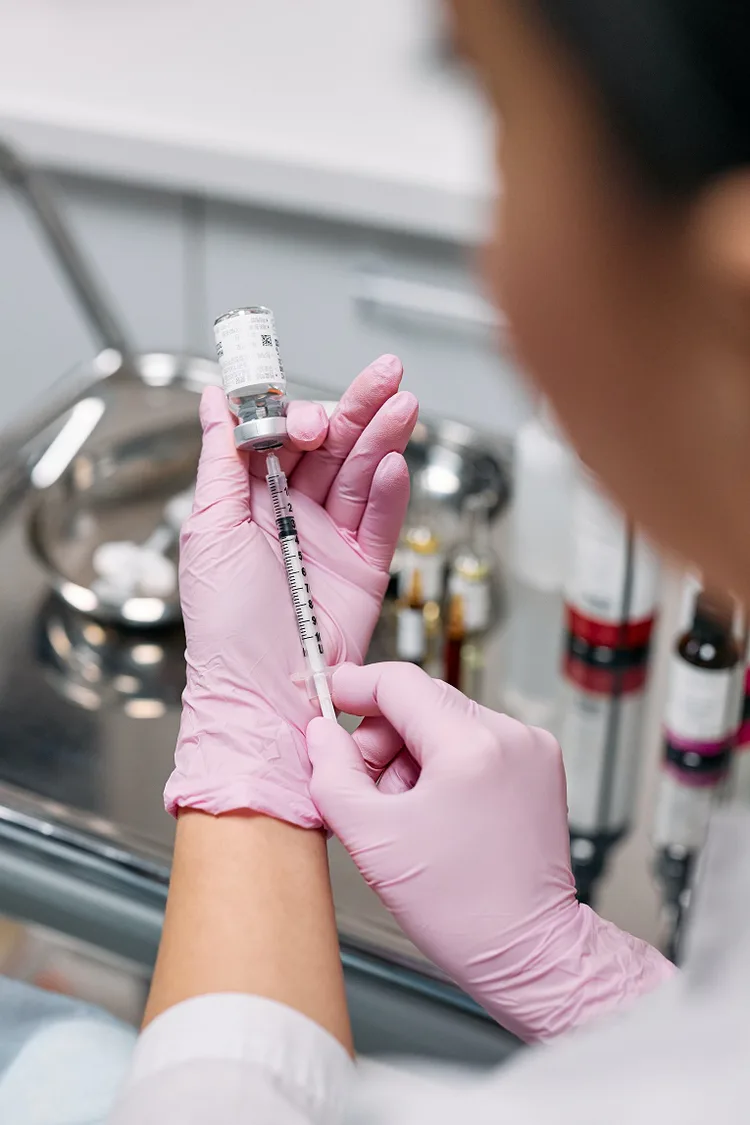
Conclusion
The invention of plastic has been a boon to the medical industry in many ways. Plastics offer several desirable characteristics like durability, resistance to heat, high flexibility, etc., which make them an attractive candidate for surgical implements.
In fact, plastic offers several distinct advantages over glass bottles. Plastic bottles, unlike their glass counterparts, are not breakable. Since plastic bottles do not break easily, the changes in the components held in plastic bottles being spilled are minimum. This is a great advantage if the bottle is meant to carry infected blood or cancerous tissues. These tissues are a serious biohazard, and disposing them in plastic bags or bottles ensures that these wastes do not contaminate the environment.
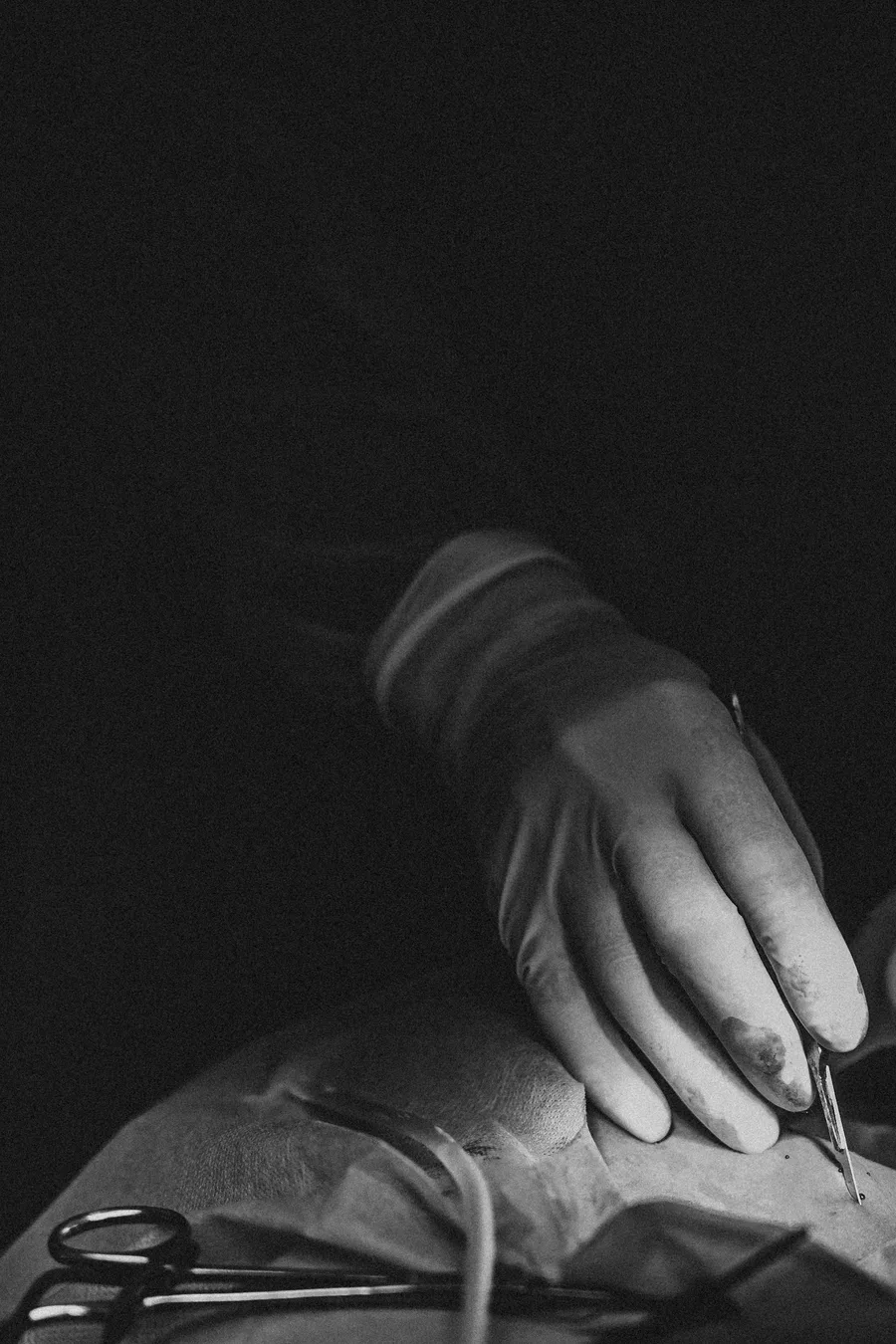



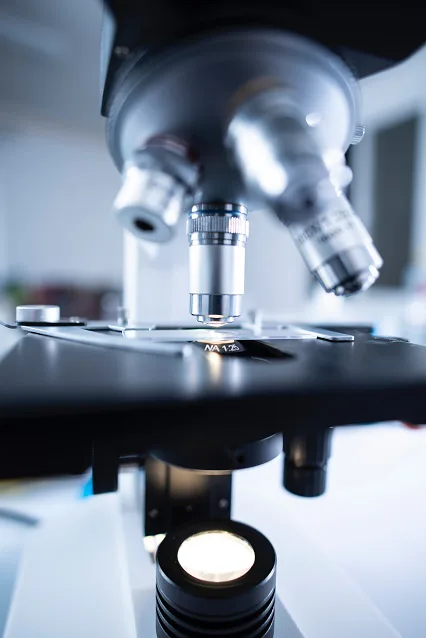
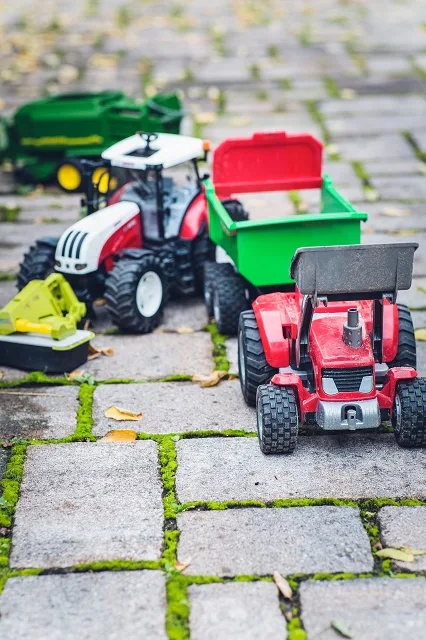



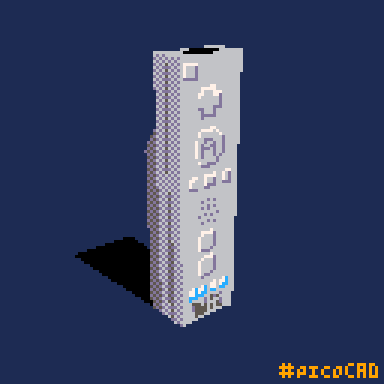

0 comments